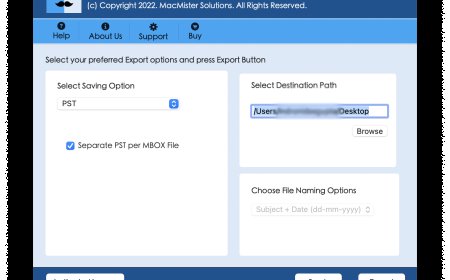The Importance of Agriculture in Pakistan’s Economy
Explore how organized farm land is shaping Pakistan’s agricultural future. Learn its role in economic growth, food security, and smart farming.

Agriculture is not just a part of Pakistans economy it is the heart of the nations growth and development. For decades, the farming sector has been feeding millions, creating jobs, and supporting industries across the country. Even today, with modern industries growing, agriculture in Pakistan remains a key pillar for economic growth.
This blog explores why agriculture matters so much, how it contributes to Pakistans economy, and why adopting organized farm land is the future of farming success.
? Agriculture in Pakistan: An Overview
Pakistan is an agricultural country. More than 60% of the population depends on farming, directly or indirectly. The agriculture sector contributes around 20% to the national GDP and provides employment to over 40% of the workforce.
The main crops grown in Pakistan include:
Wheat
Rice
Cotton
Sugarcane
Maize
Fruits and vegetables
This sector not only produces food for the country but also supplies raw materials to industries like textile, food processing, sugar mills, and more.
? Agriculture and Economic Growth
The role of agriculture in economic growth is massive. Here's how it supports the economy:
1. Employment for Millions
Farming is the main source of income for rural households. It provides jobs for men, women, and youth, reducing poverty and improving living standards.
2. Food Security
A strong agriculture system ensures that people have access to affordable food. Without farming, Pakistan would have to rely heavily on imports, which would raise food prices.
3. Industrial Support
Agriculture provides raw materials like cotton for textile factories, sugarcane for sugar mills, and grains for flour and food processing plants.
4. Exports and Foreign Exchange
Pakistan earns billions through the export of agricultural products such as rice, mangoes, citrus fruits, and cotton. These exports bring foreign exchange and boost the countrys economy.
? Challenges Facing Agriculture in Pakistan
While agriculture is important, the sector faces many challenges:
Water shortage and inefficient irrigation methods
Outdated farming techniques and low productivity
Lack of access to quality seeds, fertilizers, and machinery
Land fragmentation (small, scattered plots)
Climate change and unpredictable weather
These issues reduce crop yields and farmer income, affecting the overall economy.
? The Solution: Organized Farm Land
To overcome these challenges, Pakistan must move toward organized farm land. This means developing farmland that is:
Properly planned and managed
Equipped with smart irrigation systems
Divided in a way that allows use of modern machinery
Environmentally sustainable
Designed for high productivity and investment
Organized farms bring structure and efficiency to agriculture. They help reduce water waste, improve crop planning, and attract investment in modern farming.
? Benefits of Organized Farm Land
? Higher Productivity
When land is managed properly, crops grow better. Use of modern tools and technology increases output.
? Better Resource Management
Organized farms use water, fertilizers, and pesticides more efficiently, reducing waste and environmental damage.
? Investment Opportunities
Farmland becomes a valuable asset when it is well-organized. Investors are more likely to fund such projects, creating jobs and wealth in rural areas.
? Easier Mechanization
Organized plots allow the use of tractors, harvesters, and drones saving time and increasing efficiency.
? Improved Farmer Income
Better management leads to better crops and better prices, increasing farmer profits and reducing poverty.
? Agro Excellence Farms: A Model for the Future
Agro Excellence Farms is an example of how organized farm land can change the future of agriculture in Pakistan. Located near the CPEC Western Route, these farms offer:
Smart irrigation and modern infrastructure
Secure investment in farmland
Environment-friendly, planned farming zones
Support and training for new investors and farmers
Such models show how agriculture can become a modern, profitable, and sustainable sector.
? The Future of Farming in Pakistan
As cities grow and food demand increases, Pakistan must modernize its farming sector. Traditional methods are no longer enough. By shifting to organized farmland, we can:
Ensure food security
Boost exports
Attract youth into agriculture
Reduce rural poverty
Strengthen the national economy
The future of agriculture in Pakistan depends on smart planning, new technology, and efficient land use. Organized farming is not just a solution it is a necessity.
? Conclusion
Agriculture in Pakistan plays a vital role in food supply, job creation, and economic growth. But to keep growing, the sector must address its weaknesses and embrace change.
By investing in organized farm land, adopting modern tools, and supporting farmers with education and infrastructure, Pakistan can build a strong, future-ready agricultural economy.
Farming isnt just about growing crops its about growing the country.






























